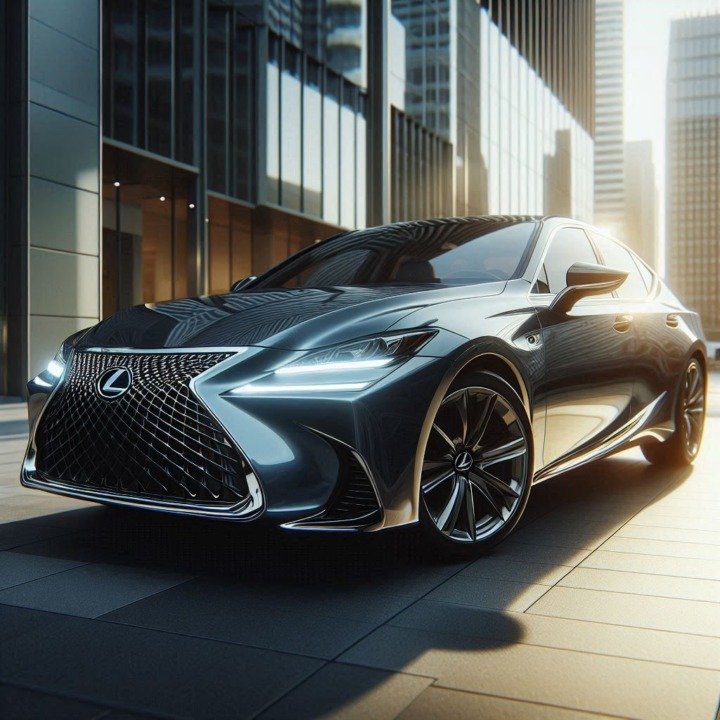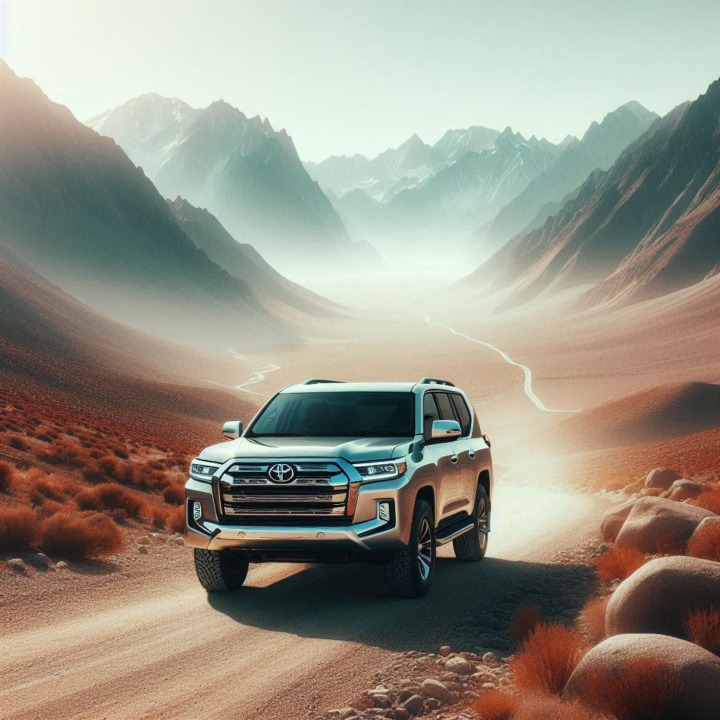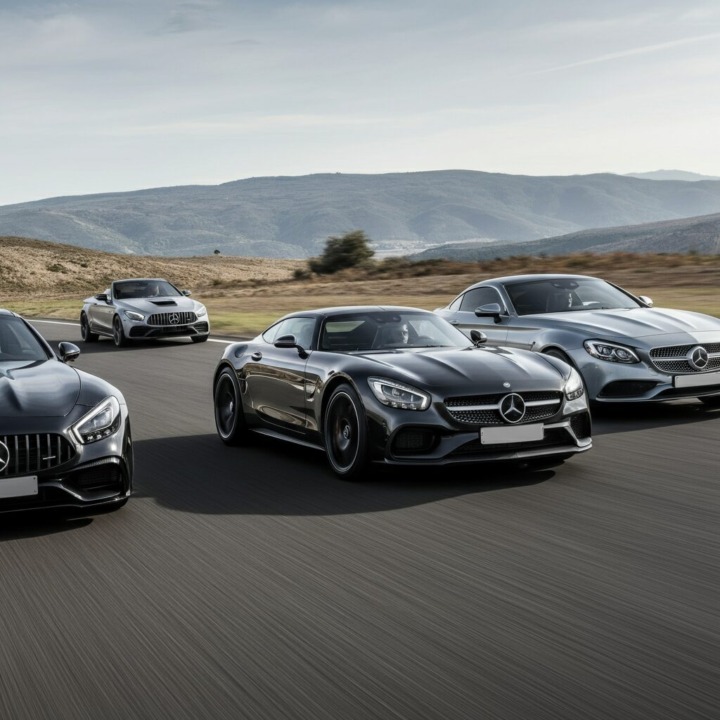It’s almost a Shakespearean dilemma: BMW or Mercedes? Known for their innovation, performance, and high-end features, these German giants continue to push the boundaries of what premium cars can offer. But when faced with the decision, many wonder—what is better, Mercedes or BMW?
A Legendary Rivalry: BMW vs. Mercedes
The ongoing debate among luxury car fans often revolves around a fundamental question: BMW or Mercedes? BMW, founded in 1916, initially focused on aircraft engines but shifted its attention to automobiles in the late 1920s. On the other hand, Mercedes-Benz, created by Karl Benz in 1926, boasts an even earlier history. Today, both brands symbolize excellence in engineering, innovation, and luxury.
BMW vs. Mercedes: Performance Comparison
The performance of a car isn’t just about speed; it’s about how a car handles on the road, the comfort it offers the driver, and the advanced technology that enhances the driving experience. Let’s compare BMW or Mercedes in terms of performance across these aspects.
Driving Experience
BMW has long been associated with providing a sporty, driver-focused experience. The brand’s famous slogan, “The Ultimate Driving Machine,” reflects its emphasis on road handling and driver control. BMW’s rear-wheel-drive setup in many of its models provides better handling, especially in sharp corners and high-speed driving.
On the other hand, Mercedes offers a more relaxed, luxury-oriented driving experience. Mercedes models, particularly those in the E-Class and S-Class ranges, focus on comfort, smooth rides, and high-end interiors that envelop the driver and passengers in luxury. This makes Mercedes the go-to brand for those who prioritize comfort over a sporty feel.
Engine and Power
When it comes to engines, whether you choose BMW or Mercedes, both brands offer a range of powerful engine options. BMW tends to emphasize more responsive engines. For instance, the BMW M5 can deliver up to 617 horsepower, giving it a distinct performance edge in the sports sedan category.
Mercedes, especially in its AMG models, can offer equally formidable engine power. The Mercedes-AMG E63 S, for example, produces up to 603 horsepower, rivaling BMW’s top sports models. However, Mercedes engines are often tuned for smoother power delivery, whereas BMW focuses on agility and responsiveness.
Technology and Features
In terms of technology, both brands excel but with distinct approaches. BMW tends to integrate technology that enhances the driving experience. Their iDrive system, now in its eighth iteration, is praised for being intuitive and driver-friendly.
Mercedes, however, is known for cutting-edge luxury technology. The MBUX (Mercedes-Benz User Experience) system offers a more luxurious and visually impressive interface. With its voice-controlled system and widescreen cockpit display, Mercedes aims to make every interaction with the car as refined as possible.
Which Car is Better: BMW or Mercedes
Deciding what is better, Mercedes or BMW depends heavily on what kind of driver you are and what you value in a car. For those who prioritize performance and a dynamic driving experience, the BMW 3 Series is a leading choice. With its agile handling and driver-focused interior, the 3 Series delivers a more engaging experience than the Mercedes C-Class. BMW’s emphasis on road handling and sportier design is reflected in its precise steering and well-balanced suspension, which are highly appreciated by drivers seeking excitement behind the wheel.
In the SUV category, the BMW X5 stands out as a powerful, performance-oriented option. It offers sharp handling and excellent control, even in larger frames, making it ideal for drivers who want the agility of a smaller vehicle but the space and capability of an SUV.
On the other hand, if you’re after luxury and comfort, Mercedes may be the better option. The Mercedes GLE surpasses the BMW X5 in terms of interior quality and features geared toward comfort. Mercedes is renowned for delivering smoother rides, and the GLE embodies this with plush seating, advanced suspension systems, and a quieter cabin.
In terms of luxury sedans, the Mercedes C-Class focuses more on offering a serene driving experience. It envelops its passengers in high-end materials and top-tier infotainment features. The driving experience is smoother, making Mercedes the go-to brand for those who prioritize comfort over a sporty feel.
Which brand suits different driving preferences?
- For those who enjoy a more athletic, sport, and performance-driven experience, BMW typically provides a more exciting ride. The 3 Series, X5, and M models exemplify the brand’s commitment to delivering thrill and precision for the driver.
- If luxurious cruising and a serene driving experience are more appealing, Mercedes is likely the superior choice. The C-Class, E-Class, and GLE models offer refined interiors, smoother rides, and high-end luxury features that make long drives more enjoyable.
Ultimately, both brands have strengths in their respective areas, and the choice between BMW or Mercedes comes down to whether you value sportiness or comfort in your driving experience.
Which is More Expensive: BMW or Mercedes
When comparing the costs associated with ownership, several factors come into play. The initial purchase price of both BMW and Mercedes vehicles can vary significantly depending on the model and features. Generally, Mercedes vehicles tend to have higher starting prices due to their luxury status and advanced technologies.
Here’s a quick breakdown of key cost factors to help determine what is more expensive: BMW or Mercedes:
- Mercedes generally has higher purchase prices, especially for luxury and performance models.
- Mercedes vehicles typically command higher insurance premiums than BMW due to their higher retail prices. However, BMW can also be expensive to insure, particularly its M models, which are performance-oriented.
What is More Expensive: BMW or Mercedes in the Long Run
Long-term ownership costs are another critical aspect to consider. Over time, Mercedes vehicles are known for slightly higher maintenance expenses due to their complex engines and luxury features. Conversely, BMWs generally have lower initial repair costs but can experience higher depreciation rates.
Additional key factors to pick BMW or Mercedes include:
- Mercedes often incurs higher maintenance costs, especially for models with advanced features.
- BMW tends to depreciate more quickly than Mercedes, which can impact long-term value.
- BMW parts can be more expensive and may take longer to source compared to those for Mercedes.
Overall, while Mercedes might cost more upfront, BMW’s higher depreciation can lead to greater financial losses over time.
BMW vs. Mercedes: Safety and Reliability
When considering safety, drivers have options with either BMW or Mercedes, as both brands offer an impressive range of safety technologies. BMW’s Active Driving Assistant is standard across many models, providing features such as lane departure warnings, blind-spot detection, and pedestrian alerts. Mercedes’ Pre-Safe system, on the other hand, prepares the car for a potential crash by adjusting seatbelts and positioning the car for maximum safety.
When it comes to reliability, though, BMW tends to lag slightly behind. Mercedes vehicles generally rank higher in reliability surveys, making them a better long-term investment for those prioritizing durability.
BMW vs. Mercedes: Aesthetic and Design Comparison
Design is another key factor when comparing what is better, Mercedes or BMW. BMW designs tend to favor a sportier and more aggressive look. Angular lines and bold grilles are common features across BMW models, emphasizing the brand’s performance-driven image.
Mercedes, on the other hand, leans towards elegance. Its models often have smoother curves and a more refined aesthetic. The Mercedes S-Class, in particular, exemplifies this luxury-focused design philosophy with its stately presence and premium finishes.
BMW or Mercedes – Which One Should You Choose
The decision of whether to choose BMW or Mercedes ultimately depends on your driving preferences. If performance and sporty handling are top priorities, BMW is the way to go. For those who value luxury, comfort, and cutting-edge technology, Mercedes is the better option. Regardless of which brand you choose, both offer top-tier engineering, design, and reliability, ensuring you get a world-class vehicle.


